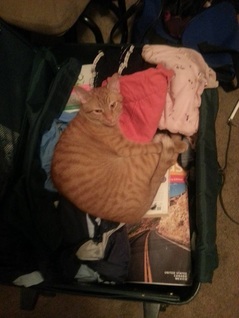
He's gone, dead, and I keep repeating that like a mantra, hoping it'll make sense eventually, but it still doesn't. I keep seeing him curled up in his grave, like he is just sleeping.
The other day, I broke down in front of my mom, which is a thing we try to avoid on both sides of my family. Maybe be do this as a subconscious hope that if we don't let anyone see that anything's wrong, then maybe nothing is. She said to me, “Oh look, you're making me cry,” and she was, a little.
Only a month ago, my mom and aunt lost their only brother, my Uncle Phil. My cousin Laurelie lost him as her father. At the wake, or whatever it was that we held for him, at the church in Gloucester where my mom used to come to AA meetings, I tried to remember him. There are pictures of us everywhere—on the couch in my mom's house in Gloucester, at birthday parties and elsewhere. Someone at the wake said to me, “You guys were really close.” But the last time I saw him might have been when I was 13, and that was 12 years ago. I remember almost nothing about my uncle, except his thick Gloucester accent, and that he was fun and smiled a lot. He told jokes, and everyone loved him.
It was my mom and Aunt's tears that made me feel like crying; and it was Lauralie, who is only 13, crying alone, that made me move over next to her and rub her back because I felt bad and didn't know what else to do. My mom's friend lost a son and his mother. Someone connected to my work lost a kid he'd known for years—best friend to his own son.
My mom lost her mother when she was only 25, and her boyfriend several months before or after that; she lost a ton of people. I hardly remember anyone.
But Gilgamesh I saw every day. I talked to him every day. You know, that weird thing that some people do, where we talk to our pet like he's our conscience, our notebook, our audience. I told him about my day, and whenever he was on the table about to knock over my water glass, I'd demand to know what the hell he was doing, and when I got home he'd let me pick him up and pet him, and he'd rub his head under my chin like he loved me.
For years I've joked that Merlin (from the TV show) was my boyfriend, or else I was in love with Ted Conover (the great literary journalist) or the guy who wrote Eragon. But when I found Gilgamesh, I realized that I really didn't need a guy, and he'd be the perfect way to keep myself at home instead of out dancing every night, because I finally had something to look forward to at home, away from free food and drinks and other things.
And now he's gone. I come home to make dinner, and sleep in a bed, and wonder why I bother having an apartment at all when I don't have anyone else to take care of. It always seems to come back to that: taking care of someone. When I wrote my memoirs, there was tons of boy-obsession, and boyfriends, and love stories. But the guy's memoir I've been reading lately is all about bands, and guy friends, and barely mentions love at all. Maybe love can be a form of responsibility? A thing that we think we have to do, and we take it on as a career of sorts, and as soon as we lose it...like a retiree, we lose all sense of who we are? Who I am? I was a cat-owner, and now I'm not?
Back in my mom's living room, my mom looked at me, and I looked at the floor and wiped my eyes. “I think this is the first real loss you've had,” she told me, and I wanted to argue (because that's my usual gut-reaction), but I think she was right.
When I think of something lost, the loss is reaching for it, hoping it's still there, imagining for just a second that everything is as it was, and then touching nothing, and wishing you hadn't tried to find it at all.
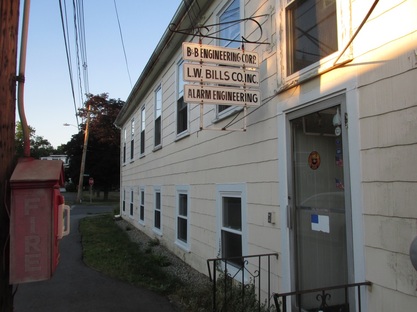
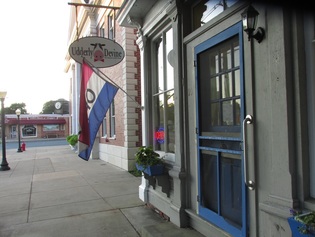
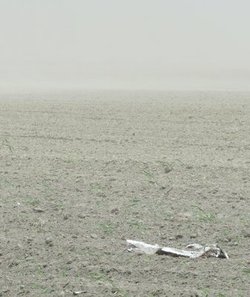


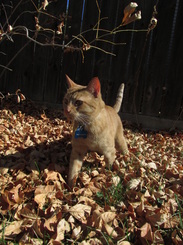
 RSS Feed
RSS Feed
